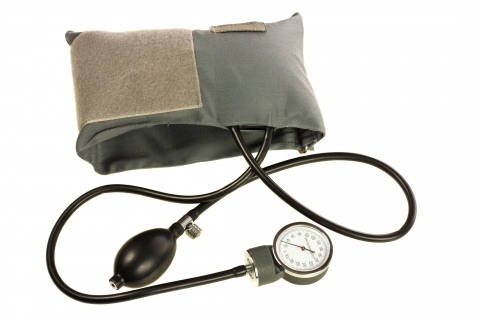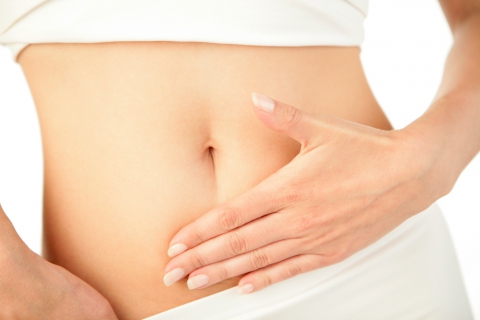 You want to change; that’s what has brought you to us. Whatever the case may be, you aren’t happy, and you want to get back to that happy version of yourself who looks great, feels great, and is on top of the world. Lucky for you, Weight Zen, a weight loss surgery clinic in New York, wants to help you find peace and happiness inside and out. We specialize in weight loss surgery, one of them being lap band surgery. We want to ensure your happiness and allow you to unleash your true self, so you’re able to reclaim your life. Read about lap band surgery to see if it’s right for you.
You want to change; that’s what has brought you to us. Whatever the case may be, you aren’t happy, and you want to get back to that happy version of yourself who looks great, feels great, and is on top of the world. Lucky for you, Weight Zen, a weight loss surgery clinic in New York, wants to help you find peace and happiness inside and out. We specialize in weight loss surgery, one of them being lap band surgery. We want to ensure your happiness and allow you to unleash your true self, so you’re able to reclaim your life. Read about lap band surgery to see if it’s right for you.
What is Lap Band Surgery?
Lap band surgery is a surgery to make your stomach smaller to help you lose weight. Having a gastric band around your stomach helps to limit the amount of food the stomach can hold, which makes you eat less and feel full quicker. The lap band is a silicone adjustable band that is put on the upper part of the stomach during a laparoscopic surgery. This surgery is designed to restrict food intake and to help you get the body you want.
Is Lap Band Surgery Right For You?
The most important thing to consider when you want to get weight loss surgery is whether it’s right for you. Are you ready for a lap band surgery? Is there no other way to get the body you want? What you need to consider about this surgery is that the procedure is reversible, and the gastric band can be removed. Most health insurance programs will cover the procedure, but if not Weight Zen has financing options to help you. If you are obese and unhappy, then we recommend a lap band surgery. Talk to our lap band surgeon, Dr. Daniel J. Rosen, and our Nutritionist Megan Wolf to make sure this surgery is right for you.
Contact us to get the body you want.








